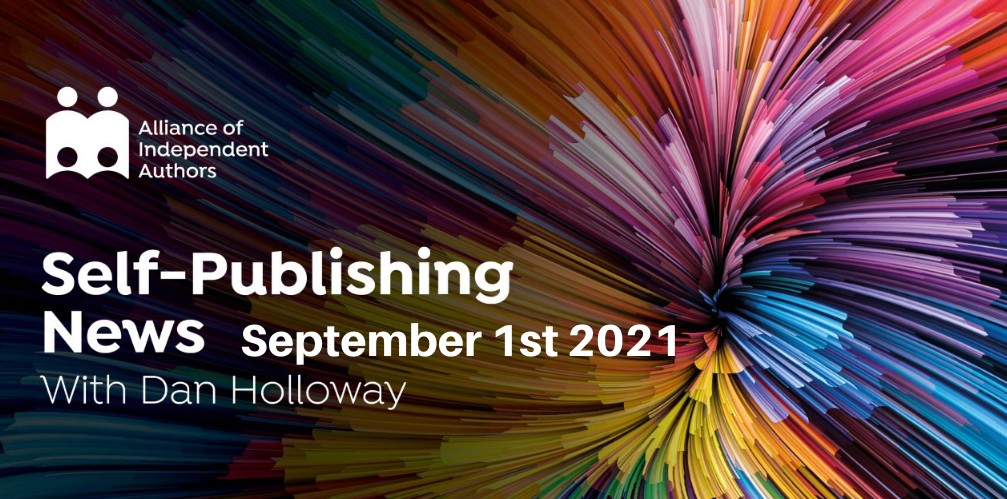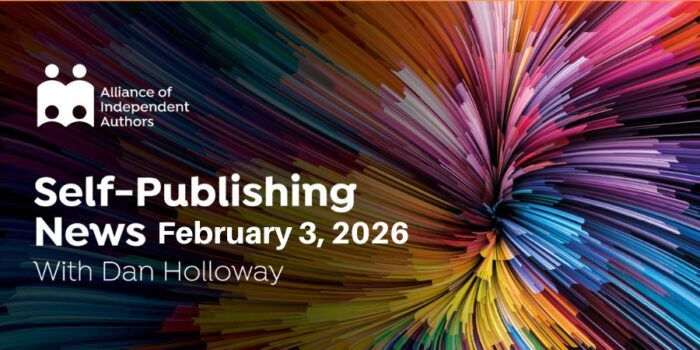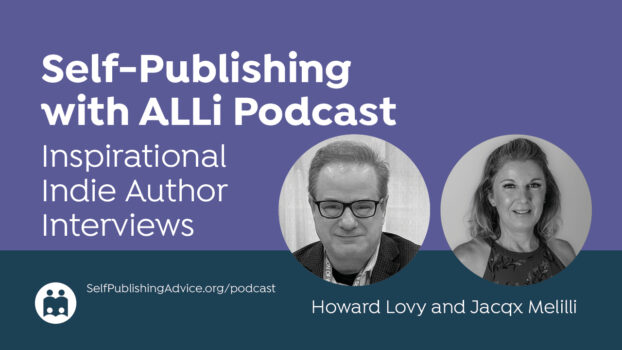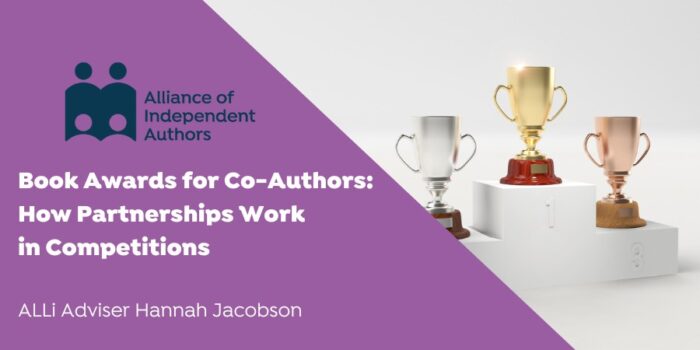In this week's Self-Publishing News Special, ALLi News Editor Dan Holloway looks at the lawsuit filed against Audible for missing royalties.

ALLi's News Editor Dan Holloway
In this month’s self-publishing news podcast, Howard and I talk about new features being launched on social media platforms that enable users to monetize their feeds. And tonight's #indieauthorchat is a must for those of us who long to ditch the day job. We'll be asking how many books you need to sell to be a full-time writer. Join us at the usual 3pm Eastern, 8pm UK time.
Only Fans Reverses Content Crackdown Policy
Last week’s headline story saw a policy reversal from Only Fans within minutes of my column going to press. The site will not now ban sexually explicit content from its creators. Correlation, or causation, you might ask. Either way, I wanted to update the story properly this week, because the implications are wide-reaching.
I mentioned the fact, long before this decision was made, that previous interference over content from payment service providers had seen reversals as a result of backlashes. That certainly seems to have been the case here. And that’s important. Because as creators, it’s important to have transparency from the platforms on which we rely. We know there are laws that prevent us posting certain types of content. We also know some platforms have policies that go beyond the law. If we use those platforms, we need to know what we can and can’t do there.
Platforms, Payment Partners, & Content Creators: a Matter of Trust
There are two things that creators really don’t like. One is platforms that change their policies (Patreon’s fumbling attempt to remove smaller creators from its platform, for example) when we are already established there. For small enterprises like indie creators, this can undo a huge percentage of the thousands of hours of work we have put into building our brand and connecting with audiences. For some, it will spell the end of the road. For others, it will mean starting again from scratch.
The second is platforms that change policy in response to the demands of their service partners. This is what happened with Only Fans, and it’s what happened when Paypal tried reading the Riot Act to Smashwords. We don’t like when this happens because it feels like a clear message from platforms where their real loyalties lie. And it’s not with the creators without whom they would be nothing.
It’s unlikely this will be the last time a platform cracks down on content creators who have built businesses there. And it’s unlikely that it will be the last time a platform reverses on that decision. But there’s a real lesson I hope platforms will learn. If you’re going to cave to pressure, why not stand up for your content creators in the first place, and push back against whoever’s driving the demand. You get the same end result. But you also build massive loyalty among the one community without whom you can’t survive.
Congratulations to ALLi
It’s always lovely when as well as reporting the news for ALLi, I get to report on ALLi making the news. This week we had the honour of being named one of the 10 best publishing websites and resources by the fabulous Writer’s Digest. That nestles us alongside Jane Friedman and the likes of Porter Anderson Publishing Perspectives, which is lovely company for any occasion!
Book Fairs Still Slow to “Pivot” Online: What Role Will They Have in the Years to Come?
One of the earliest Covid-related stories in the news was the indecision book fairs demonstrated when deciding whether to move online. 18 months later, I can’t help wondering whether the industry that has for decades barraged us with titles promoting the power of positive thought might finally be on the verge of learning that really wanting something to happen, no matter how much you throw your message out to the universe or whatever positivity vibe you just published the latest bestseller about, doesn’t actually mean it’s going to happen.
Withdrawals from Frankfurt
This week the spotlight falls on Germany once again. Frankfurt’s Buchmesse has set itself up for a hybrid 2021. But the headline attendees are pulling out rapidly. First there are the publishers – Penguin Random House, Bloomsbury, and Harper Collins for starters. Then there is the guest of honour, Canada. A whole country! It’s easy to poke fun at the hubris of book fair organisers. (Usually this sentence would begin, “But…” though on this occasion, it’s probably best just left as it is!).
Publishers Thriving Without Book Fairs
The pandemic has shown the book fair industry is one of the least nimble parts of the literary landscape. And that may have long term consequences. If publishers were reeling from the impact of not being able to attend these fairs, the future might be brighter. But that’s just not the case. Just this week Penguin Random House, and its parent company Bertelsmann, announced spectacular growth. And more to the point, growth that has accelerated since Covid. So if publishers seem to have adapted and are thriving without in-person book fairs, what does that mean for the way the whole industry operates? Watch this space in months and years to come.
Publishers sue Audible on behalf of authors for missing royalties that could amount to 50% of their earnings and other top #selfpub news stories for #indieauthors, in one quick read, by #ALLi News Editor Dan Holloway… Share on XUpcoming Conferences and Events
Help us fill this with great online events in the coming weeks and months. I highly recommend this great list of online writers' conferences from Nate Hoffelder, some of which are indie-inclusive.
Bay Area Independent Publishers Association (BAIPA) – Zoom meetings the 2nd Saturday of each month
OCTOBER
Historical Novel Society Australia, Writing Bootcamp, 16-17 Oct (early bird tickets until 24 September)




